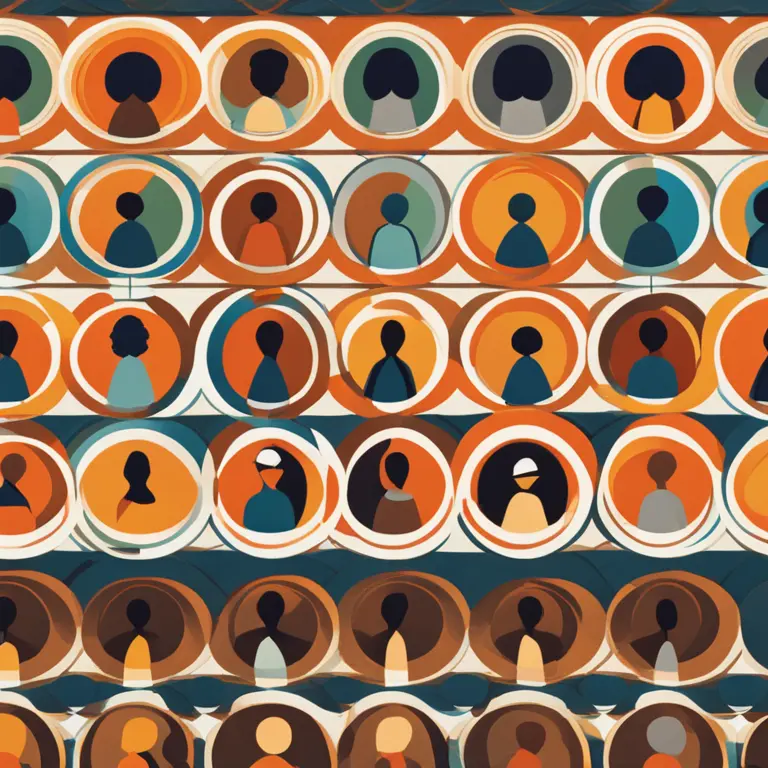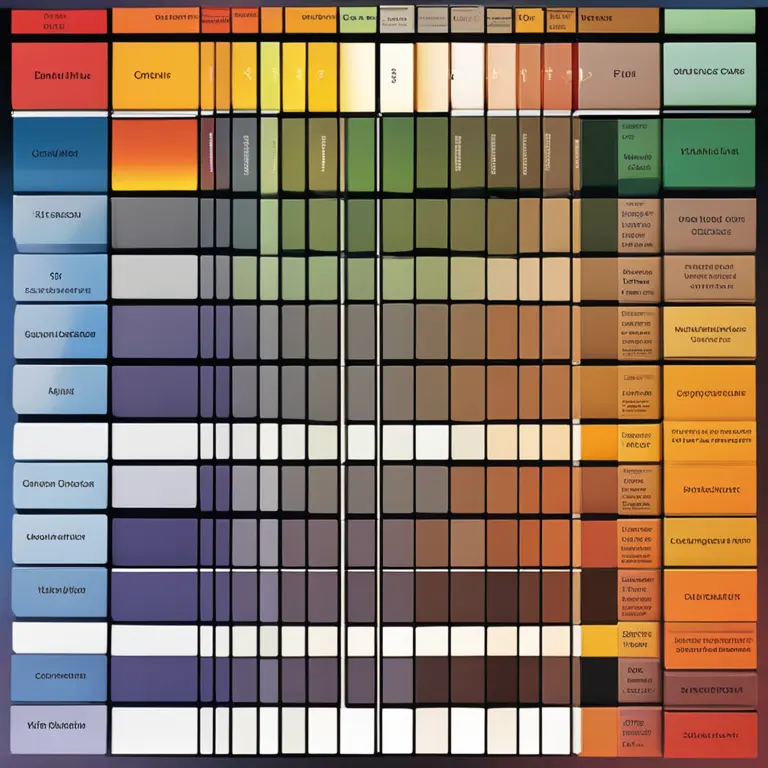
The Dance of Biorhythm Compatibility
Discover the intimate dance of biorhythm cycles and their impact on personal relationships in our comprehensive guide.
article by Adrian Wallace
Introduction to Biorhythms
Biorhythms are an intriguing concept suggesting that our daily lives are influenced by rhythmic cycles. These cycles are thought to affect our physical, emotional, and intellectual well-being. The theory of biorhythms originates from the 19th century but has steadily gained attention in the digital era, where personal tracking has become more accessible. This article will delve into how these biorhythms play a pivotal role in determining compatibility between individuals, potentially affecting personal relationships and social dynamics in more significant ways than we might assume.

The Basis of Biorhythm Cycles
Each individual is said to experience three primary biorhythm cycles: the 23-day physical cycle, the 28-day emotional cycle, and the 33-day intellectual cycle. These cycles start at a neutral point at birth and oscillate between high and low phases throughout one's lifetime. Today, proponents of biorhythms believe that by tracking and analyzing these patterns, we can predict our best days for various activities and potentially harmonize our interactions with others.

Calculating Biorhythm Compatibility
The process of determining biorhythm compatibility involves comparing two individuals' cycles to understand how they might synchronize. Compatibility is thought to be higher when two people's cycles are in phase, meaning both are experiencing similar highs or lows simultaneously. Modern technology enables us to chart these cycles with greater ease, providing intriguing insights into how our personal rhythms could align with those around us.

Implications for Relationships
Biorhythm compatibility suggests that when individuals' cycles align harmoniously, they experience fewer conflicts and a more profound connection. Conversely, periods of discordant cycles might indicate times of potential tension and misunderstanding. While biorhythms are not universally accepted by the scientific community, many individuals report improved relationship dynamics when these principles are considered and applied.

Using Biorhythms as a Guide
While it's essential to take the concept of biorhythms with a grain of scientific skepticism, it can serve as a fascinating tool. For example, couples may use biorhythm charts to plan essential conversations or activities, aiming to do so when their cycles predict emotional or intellectual highs. This utilization of biorhythms fosters a unique approach to enhancing interpersonal relationships and self-awareness.
Biorhythms in a Modern Context
In the age of digital health and self-optimization, biorhythm tracking apps and online platforms have emerged, allowing individuals to monitor their cycles in real-time. As our society continues to embrace personalized data for wellness and self-improvement, the exploration of biorhythms may secure a place in the broader conversation on holistic health practices.
Conclusion: The Future of Biorhythms
As we advance into the future, the dialogue surrounding biorhythms and compatibility is likely to evolve. Whether seen as a curiosity, a pseudoscience, or a valuable self-help tool, biorhythms provide an intriguing framework for examining the rhythms that make up our lives. Going forward, it's conceivable that further research and technological enhancements could shed new light on these mysterious cycles, perhaps validating or refuting their influence on our personal relationships.
Published: 1/25/2024
Modified: 1/25/2024
More predictions
Come back here soon to learn more about yourself and your future


The Basis of Biorhythms: An Insight into Biological Cycles
Delve into the concept of biorhythms, the belief in rhythmic biological processes that purportedly influence human physiology and behavior.


The Human Biorhythm Cycle: Patterns of Life's Ebb & Flow
Delve into the human biorhythm cycle, a compelling concept in the holistic understanding of our physiological and emotional patterns over time.


The Intersection of Biorhythms & Astrology Explored
Discover the link between biorhythms and astrology to gain insights into your life's patterns and potential.